Who's the art for?
Get to know the speakers. This seminar takes place on March 28
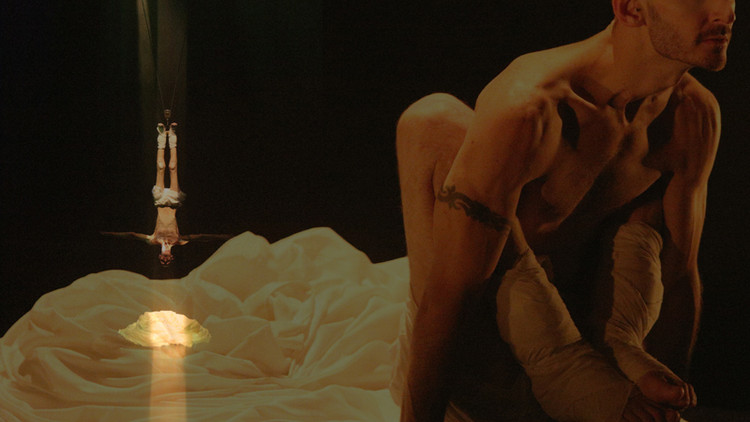
How can we create a more inclusive dance scene? How do we challenge biased ideas about the bodies and identities that belong to the artform? And what exactly do today’s leading scientists, dancers and choreographers think about existing structures and future possibilities? We have had a chat with the all of the speakers who will come for our the seminar “Function variation and dance art” on Wednesday 28 March.
You can register for the event here.
Challenge the audience’s perceptions of what it means to be a dancer
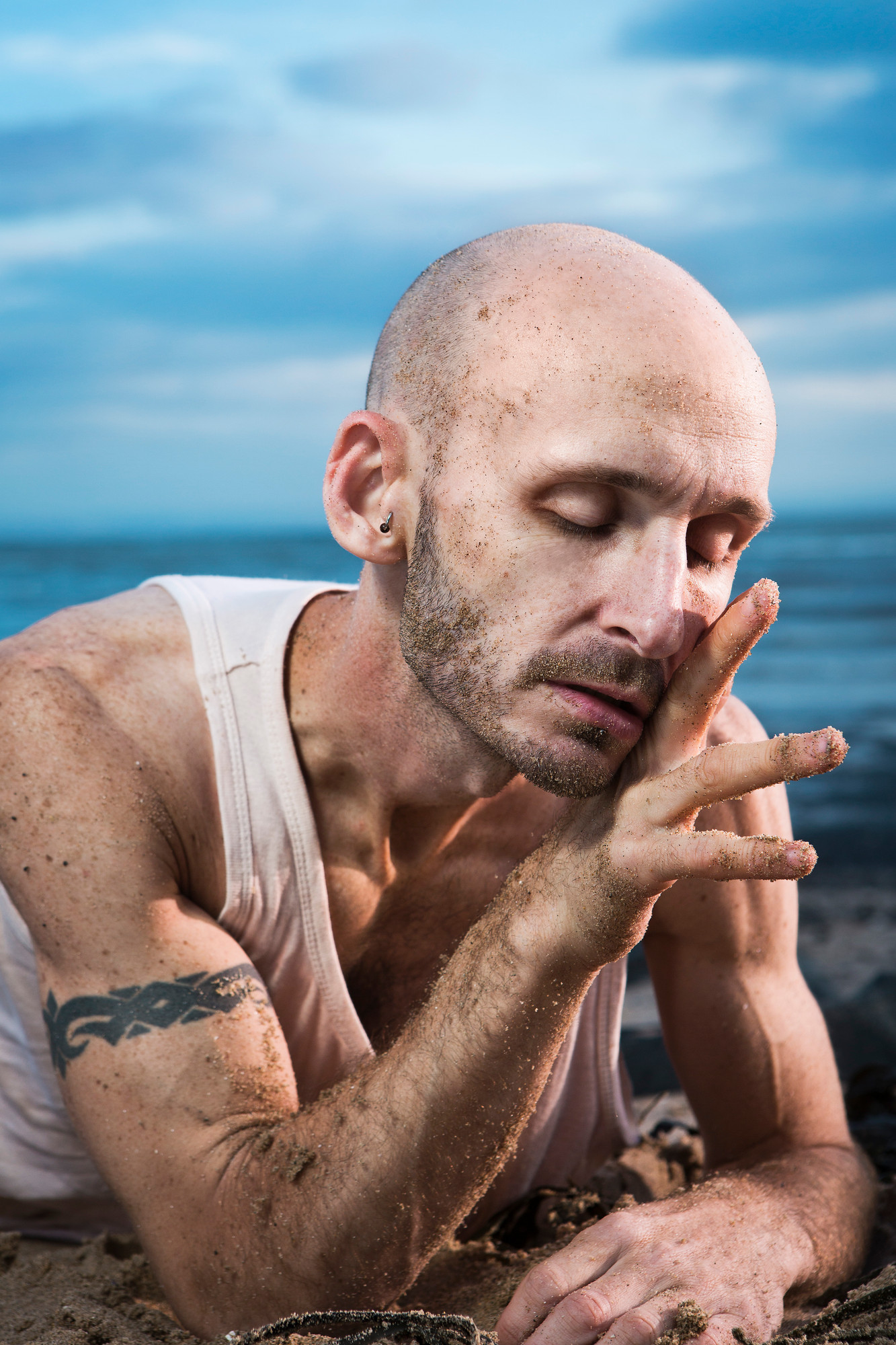
Australian Marc Brew is an internationally renowned choreographer and world leader in the development of inclusive dance works. Marc has been part of a wave of talented disabled artists based in Scotland.
His experience and movement vocabulary are based on his classical ballet background as well as new, modern movements shaped by working in and out of his wheelchair. The choreographer is keen to explore the unique physique of each performer. Marc’s choreographic works, created in collaboration with disabled and non-disabled artists, are honest, unsentimental and human. This particular language of movement is new to Norway, where there are few professional disabled dancers or choreographers.
Marc was awarded a Centenary Medal for his outstanding contribution as a dancer and choreographer, and his solo piece “Remember When”. “For Now I am…” was listed as one of The Guardian’s top 10 dance shows for 2016. He founded the Marc Brew company in 2018, and has in a short time made an international name for his powerful performances performed by exceptional artists with and without disabilities. The company has challenged the public’s perceptions of what it means to be a dancer and helped to ensure that disabled people are recognized as high-quality professional performers and creators.
Every single person should have access to a stage
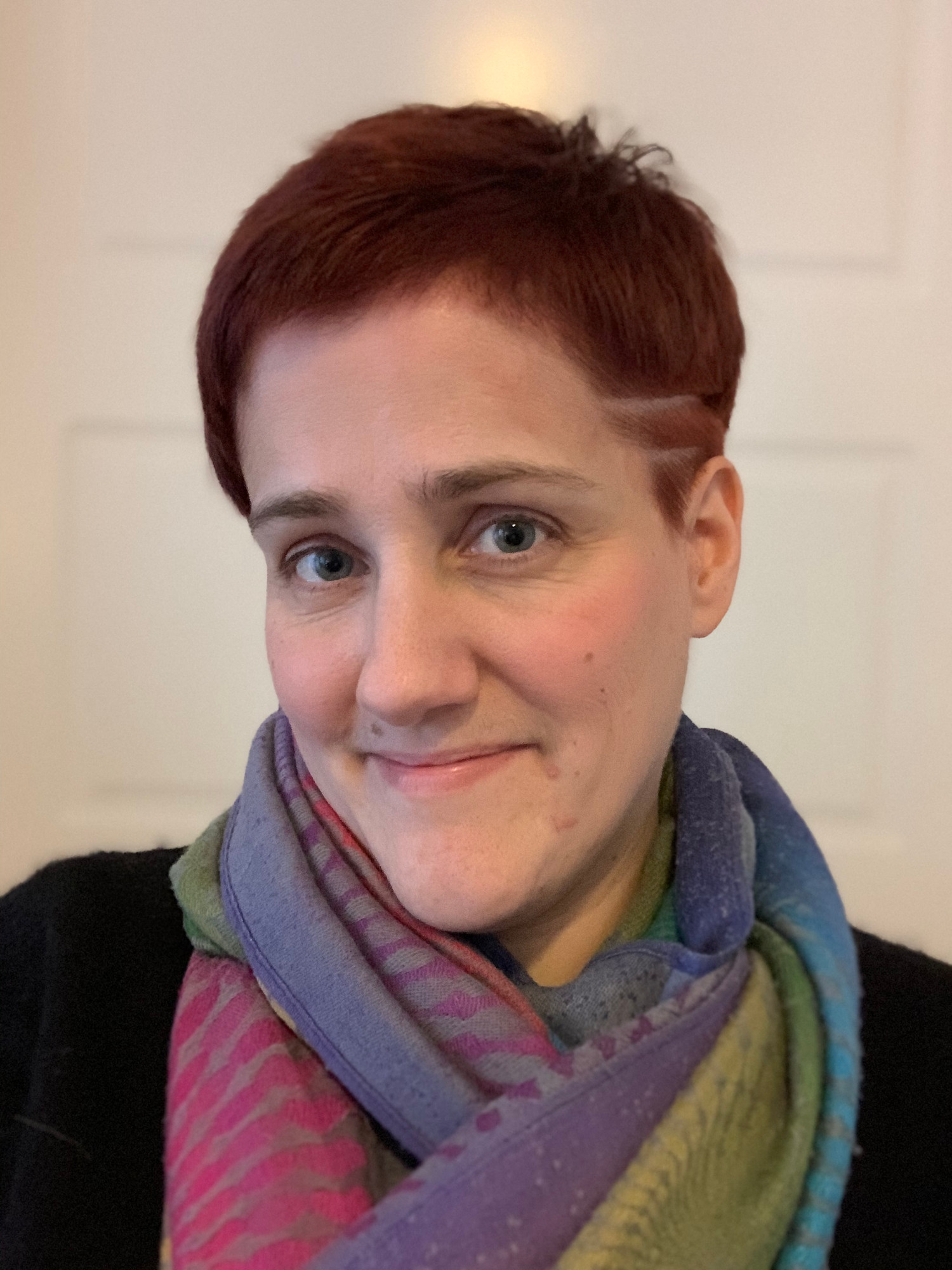
Elen Øyen is a dance artist, and has been a member of the dance company Danselaboratoriet since 2005. She was also born with a spinal cord hernia and is in a wheelchair. She dances in her wheelchair and on the floor, and has developed an experimental approach to dance where the main focus is improvisation. Elen takes an activist approach to dance, and uses dance to claim her place in society.
“I describe myself as a dance artist even though I do not have a formal education. That’s because it’s not possible to educate yourself as a dance artist in a wheelchair in Norway. The programmes are not adapted, neither the educations themselves nor the buildings themselves. I believe that the possibilities of living off art for a person with a disability in Norway often stop at the educational institutions.”
There is often talk of including those considered to be minorities but Elen believes that the time has come to scrap the concept of inclusion, and that equality is a far more useful word.
“If I’m included, I get to be in the ring, but not necessarily help make it strong. If I’m equal, I participate as much as the others in the ring to hold it together. The concept of inclusion presupposes that it is the majority that defines when and how much minorities should be allowed to participate. Gender equality is about it being obvious that absolutely everyone participates on an equal footing.”
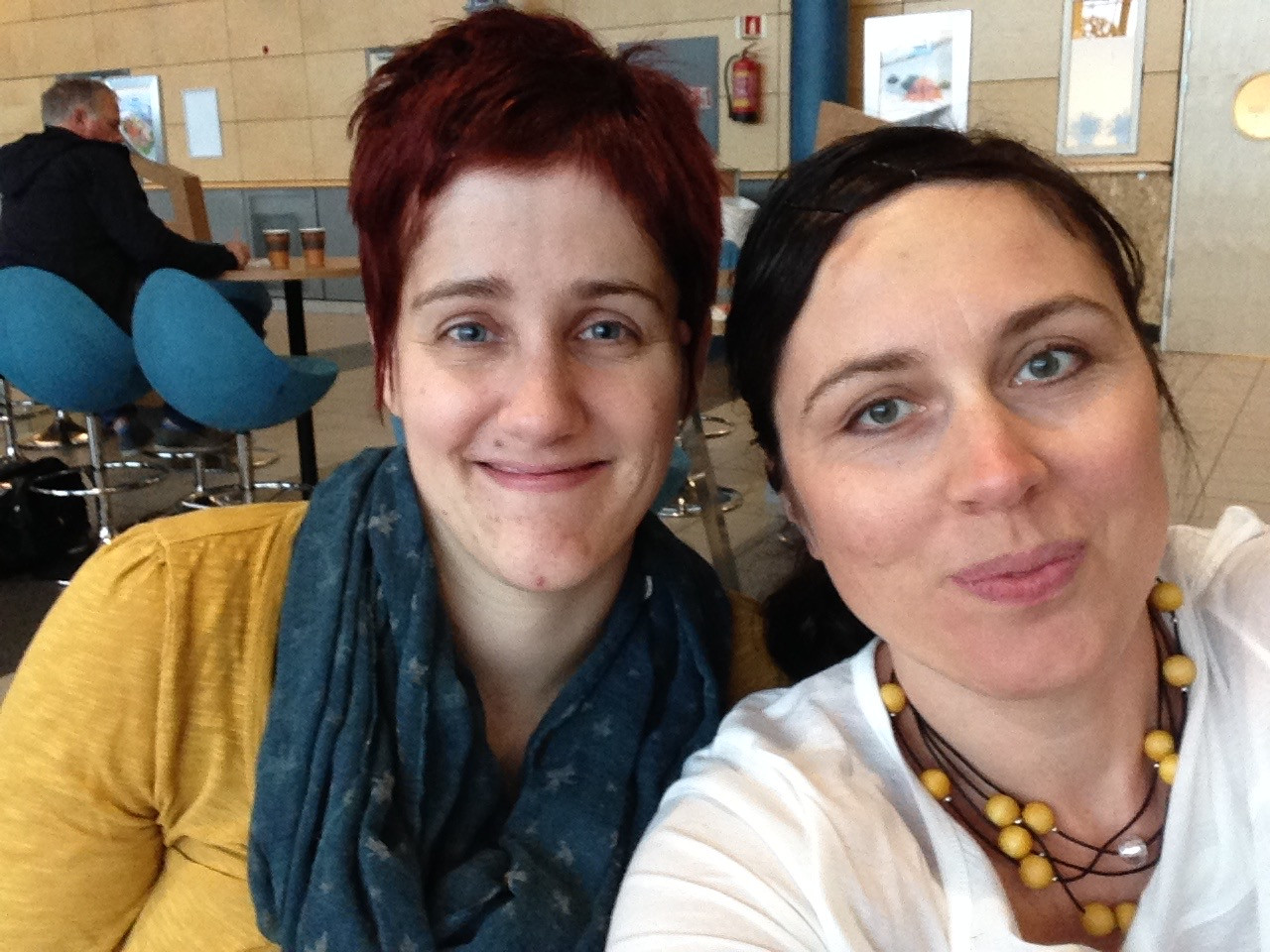
Tone Pernille Østern is a dance artist and professor of arts education with an emphasis on dance at NTNU and a visiting professor of dance didactics in contemporary contexts at Stockholm’s Konstnärliga högskola. She is active as an artist, researcher and teacher, with a special interest in socially engaged art, dancing in dialogue with the present and performative research.
She was one of the founders of an inclusive dance company in 2000. The company is run from an expanded choreographic point of view with a critical artistic ambition to challenge, expand and reshape normative ideas about dance, dancers and structures for dance.
She collaborates on several choreographic projects with colleague Elen Øyen, both keen to explore the dynamics between equality and power relations, minority and majority.
“I belong to the majority, Elen belongs to a minority. I’m taking up a lot of space, Elen’s not taking up much space. Elen is allocated little space in society due to her disability, in addition, she is quiet and calm as a person. We both try to find our roles in our collaboration, and give and make room for each other as best we can,” explains Østern.
During the seminar Tone Pernille Østern and Elen Øyen will talk about the Dance Laboratory and their experiences, as well as present the research they have started on available artistry.
The research project is based on the experiences of both artists and art and cultural institutions, identifying what promotes and prevents people with disabilities from serving as professional artists and the cultural field in Norway. The research project is led by Fafo in collaboration with NTNU on initiatives and assignments from Arts Council Norway.
“The project is groundbreaking in a Norwegian context, and does not come a day early, not least because Elen, who is herself a dance artist and has a disability, is a co-researcher from NTNU. The fact that people with disabilities themselves are researching themselves and their situation with their eyes is ground breaking in the Norwegian context. It is about time people with disabilities are part of the research.”
“How can we bring inclusive dance to a mainstream audience without a “special” connotation?"
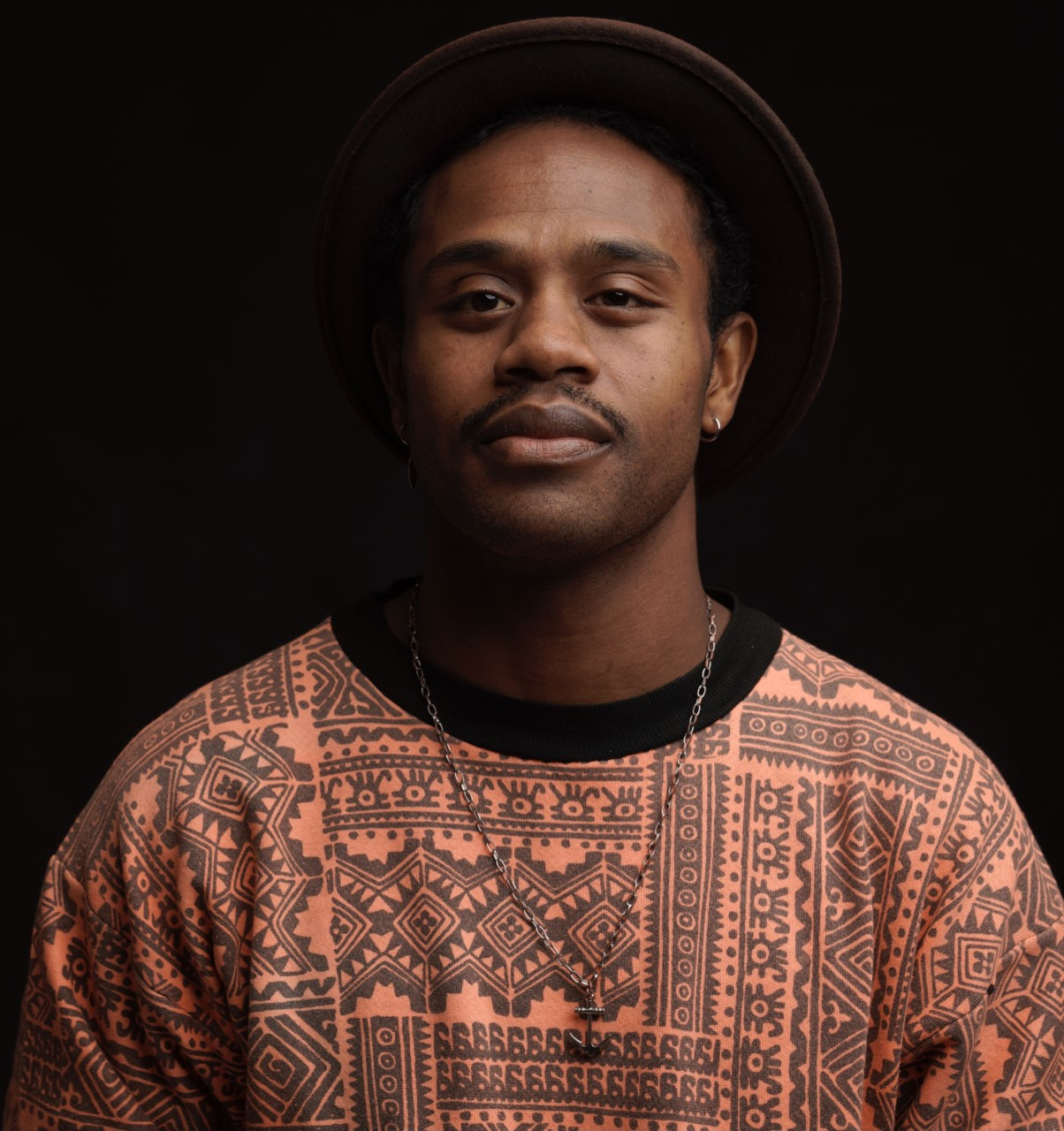
Jean-Baptiste Baele is a Belgian dance artist. With experience of both hip-hop and contemporary dance, he explores his interests in a wide range of forms of movement. After studying at the Trinity Laban Conservatoire of Music and Dance, he developed a special bond with dynamic work in his practice. Jean-Baptiste’s work is characterised by its physicality, surprising dynamic shifts and complex exploration of movement.
In conversation with Marc Brew, facilitated by Stine Nilsen, we will get an insight into how Baele works professionally and inclusively in his artistic work. The experienced dancer will reflect on how we can bring inclusive dance to a mainstream audience without a “special” connotation, but rather as something that’s just normal.
Jean-Baptiste is also keen to investigate what stereotypes/assumptions to avoid in productions with a disabled body among normative bodies.
“I think specifically of assumptions of the type that this person needs help with this movement material before you even give him/her/them the chance to try.”